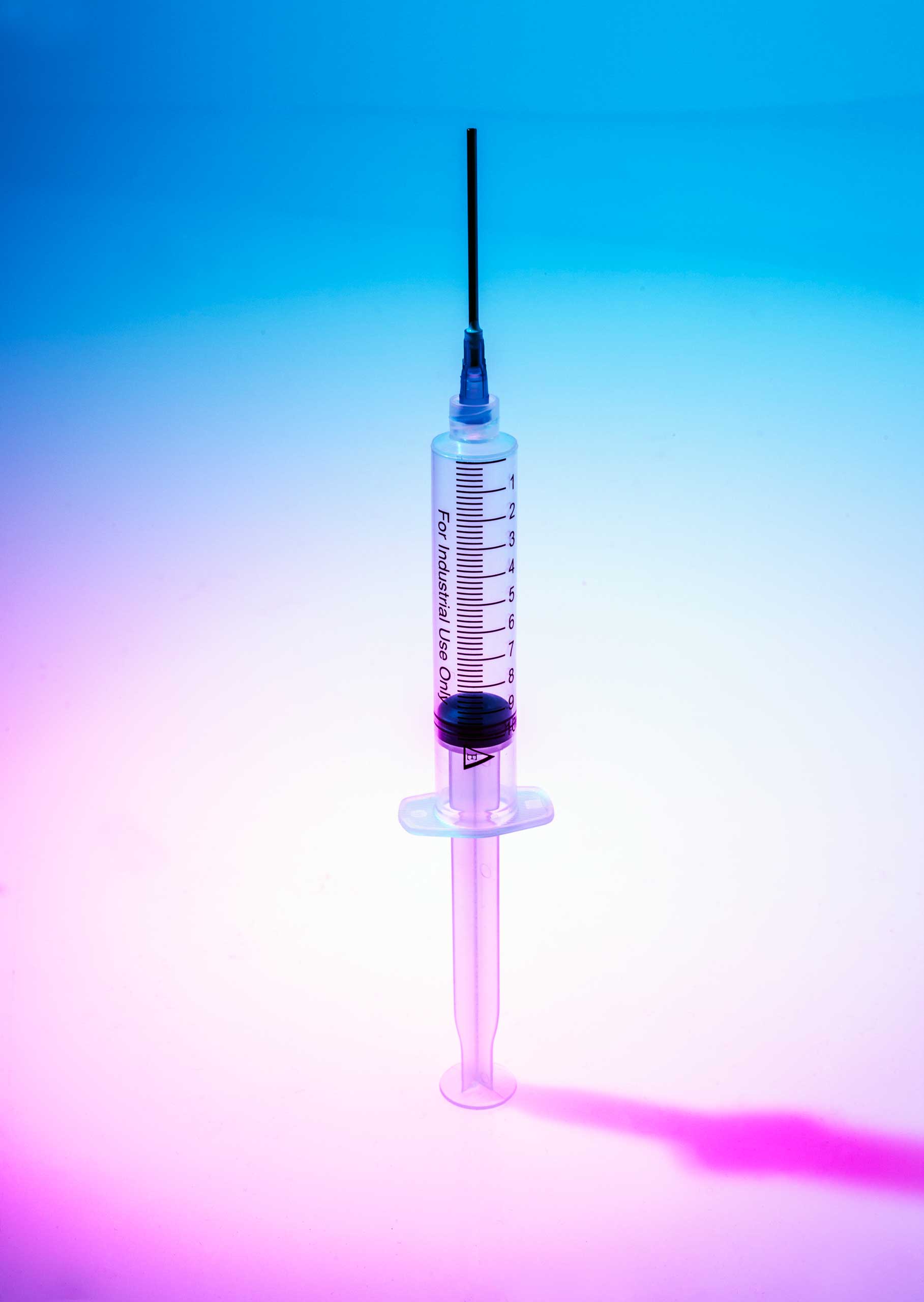
The anti-vaccine movement has always had two things working against it: science is patient and parents, armed with accurate information, make smart choices. That’s a pretty powerful combination, especially when what’s at stake is the health of children. Now, after years of falling vaccination rates and alarming outbreaks of measles, whooping cough and other vaccine-preventable illnesses, the trend lines at last appear to be changing.
In a study conducted by the medical news and information service Medscape, investigators surveyed 1,551 physicians, nurse practitioners and physicians’ assistants in family practices across the U.S. to ask them about vaccine compliance among their patients and the reasons parents were giving for accepting or declining vaccines. The results were both encouraging and enlightening.
Broadly, the investigators report that 46% of parents said they were more accepting of vaccines overall, while only 12% were less accepting, and 42% say their view had not changed. Meanwhile, 44% of parents say they are more inclined to allow their children to be vaccinated according to the recommended schedule, 14% are less inclined and 42% have not changed their opinion.
The top two reasons parents mentioned for greater vaccine acceptance involve the simple matters of health and safety. An overwhelming 72% cited increased fear of infectious diseases in general, while 53% said they specifically worry about their child contracting a vaccine-preventable disease.
In a vindication for school systems with mandatory vaccination policies, 44% cited denial of admission to school or summer camp as a reason to vaccinate. Other reasons cited for greater acceptance include less glamorization of anti-vaccine celebrities, more scrutiny of anti-vaccine claims by the media, and a greater willingness by doctors to address all of a parent’s concerns about vaccines.
The vaccines meeting the greatest resistance in physicians’ practices are HPV, influenza, and measles-mumps-rubella, cited by 61%, 39% and 37% of refusers, respectively. The ones meeting the least resistance are polio, pneumococcal conjugate (a lung, blood, ear and nervous system infection) and Hib (a bacterial influenza), at 10%, 9% and 6%.
Of those parents who still refuse vaccines, the reason most cited is fear of autism, mentioned by 77% of the refusers—though the connection between the condition and vaccines has been repeatedly debunked. Concerns about the ingredients in vaccines and worry about other complications were mentioned by about 70% of parents. General distrust of the pharmaceutical industry was also mentioned by 44%. Only 8% cited cost or a lack of insurance—a dividend from the Affordable Care Act, which universally covers basic care.
Vaccines have long been among medical science’s greatest brainstorms—simple, effective, preventive. It is only good news that more and more parents are catching wise to that fact.
More Must-Reads from TIME
- How the Economy is Doing in the Swing States
- Democrats Believe This Might Be An Abortion Election
- Our Guide to Voting in the 2024 Election
- Mel Robbins Will Make You Do It
- Why Vinegar Is So Good for You
- You Don’t Have to Dread the End of Daylight Saving
- The 20 Best Halloween TV Episodes of All Time
- Meet TIME's Newest Class of Next Generation Leaders
Write to Jeffrey Kluger at jeffrey.kluger@time.com